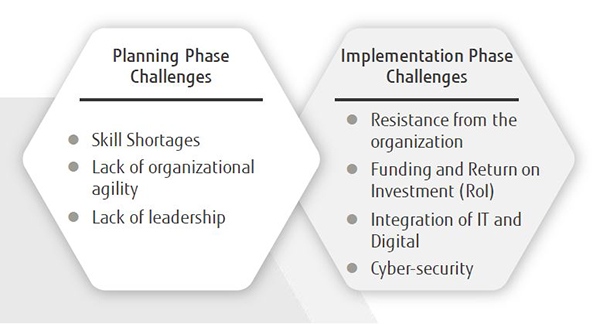Smart factories: steps to digitalize your factory to improve your competitive advantage
Thailand’s economy is increasingly innovation-driven in an approach known as Thailand 4.0. As part of this, Thailand’s manufacturing industry is ready to embrace Industry 4.0, a new era in manufacturing that leverages smart technologies to improve processes, reduce errors, and increase productivity.
While the benefits of moving to a smart factory approach are clear, it’s less clear for many Thai organizations how to make the leap from traditional manufacturing to a smart factory. However, doing so is essential in the evolving Thai economy. Furthermore, with younger members of the workforce demanding digital processes, and global competitors more than willing to also digitalize for improved competitiveness, Thai manufacturers can’t afford to delay the move to smart factories.
Smart factories leverage emerging technologies including machine learning, which is a subset of artificial intelligence. The Internet of Things (IoT) also provides myriad opportunities for factories to become smarter, using sensors that manage processes more accurately and precisely. And, the ability to manage and visualize data to make data-driven decisions can help manufacturing organizations dramatically improve their responsiveness to market changes and sharpen their competitive edge.

Convincing more experienced workers that digitalization is necessary
While other Asian countries have a workforce that skews towards younger workers, Thailand’s manufacturing workforce tends to be older, with younger workers making up less than half. These older workers often prefer to work in ways that have served them well for many years in the past, which can make them resistant to digitalization.
However, these older processes stand in the way of progress. Manual data entry and spreadsheets, for example, take up time that could be spent on more interesting tasks. It’s important to show these more experienced workers how their lives can be improved with new technologies, freeing them up to contribute more meaningfully to the company’s success.
